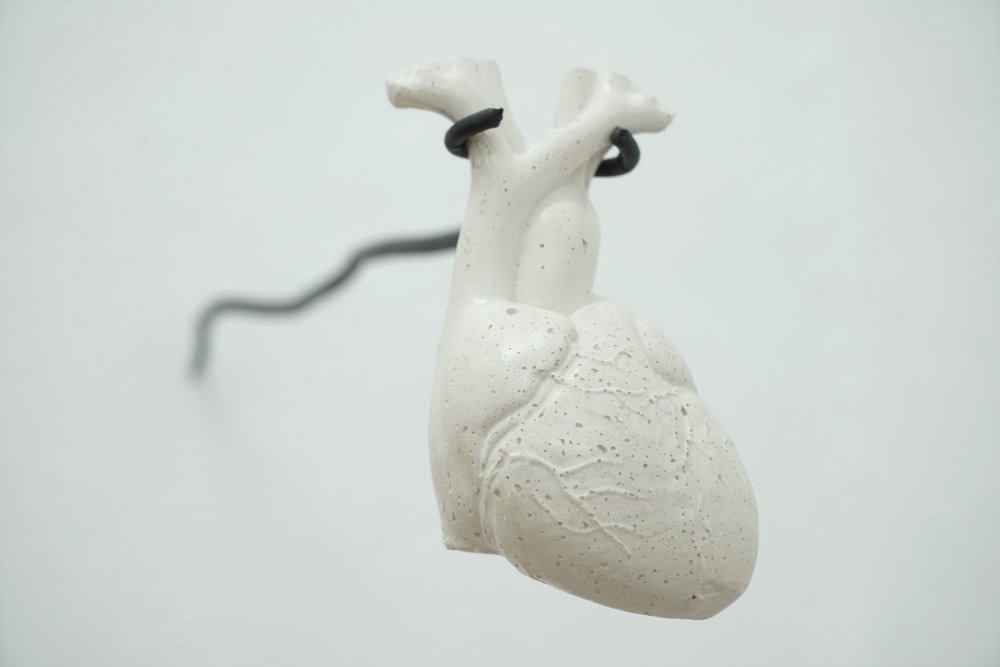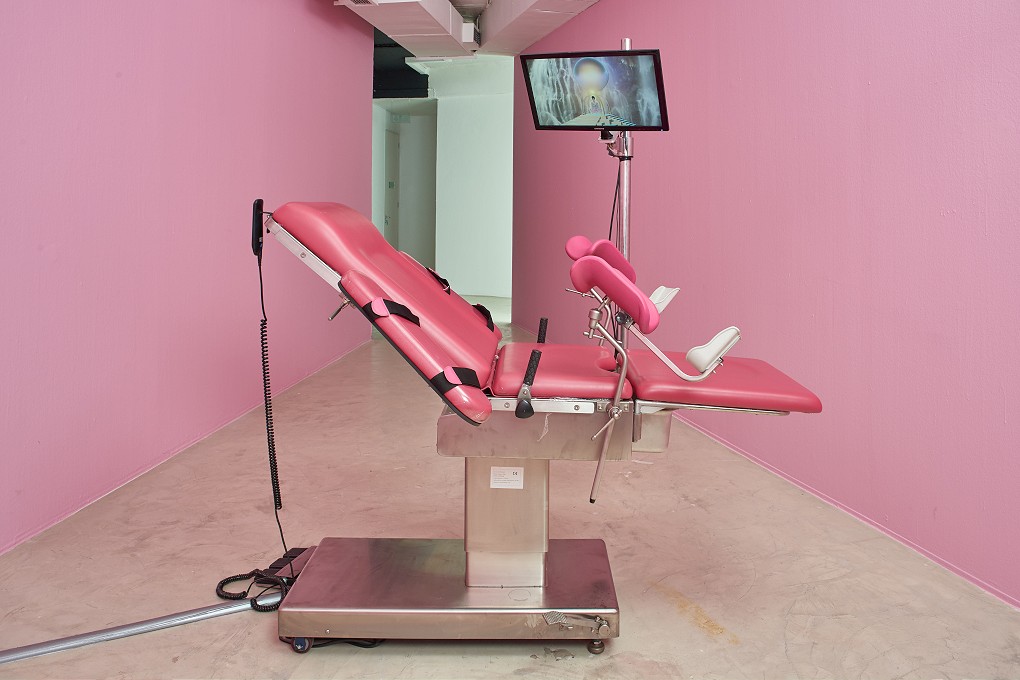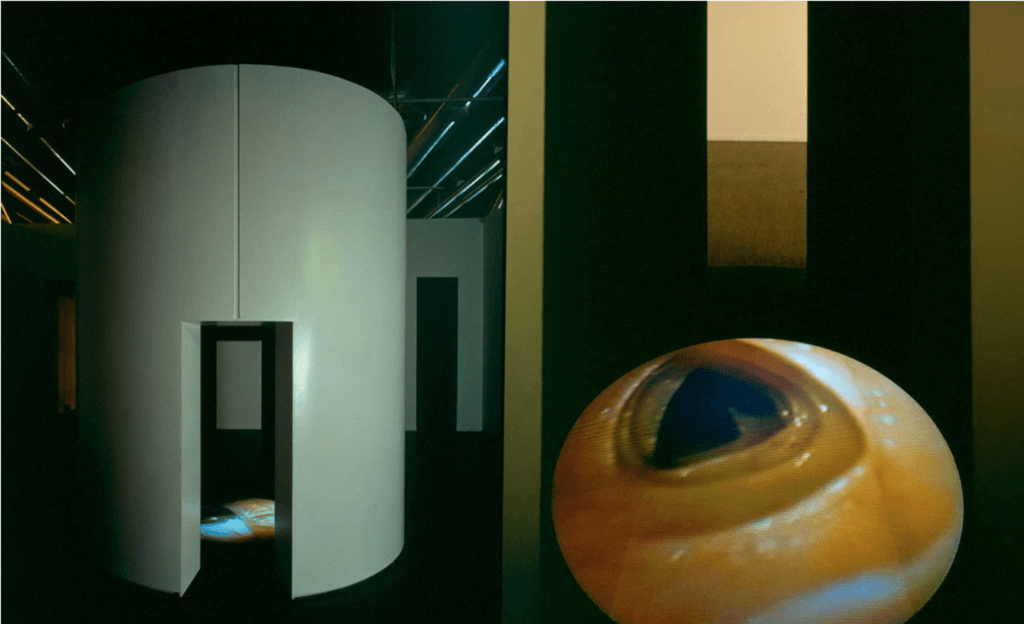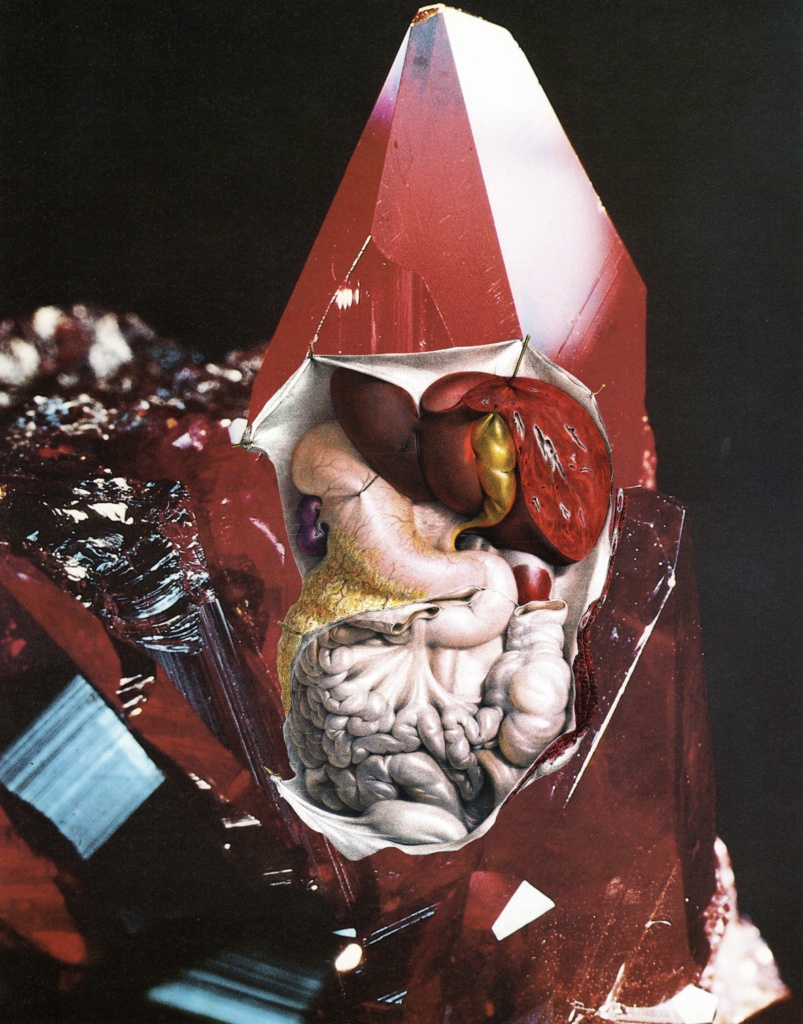Topics
Health
The quantified body
Belly Up
Wellness discourse taps into longstanding associations between intuition and the gut
Insomniac Technologies
Although sleep wearables seem to promote rest, what they actually promote is rest reconfigured as productivity. A properly-charged wearable is always awake, acting as a sort of surrogate, low-level consciousness that keeps running and recording even while you temporarily abdicate your own
Shadow of a Doubt
The idea of “living with Covid” means inhabiting a position that is fundamentally unstable — accepting that we do not know what the future will look like, or whether a “return to normal” is even what we’re trying for. Ultimately, it requires us to give up the idea of closure in favor of a truer ambiguity.
Our Bodies, Ourselves
The internet of medical things supposedly paves the way to transforming the human body into a machine that can be monitored nonstop, improving or saving the lives of millions. Yet this new kind of “internal surveillance” from afar has many risks. The biodata collected by wearables and smartwatches have inaccuracies, and patients “subjective” observations may be ignored.
Care Package
Heal Thyself
In Labor
Artificial wombs may help undermine the idea that women’s lives are — and should be — invested in making and caring for babies. But automating childbirth won’t automatically abolish all forms of gendered labor. Gender has shown an astonishing ability to reinvent itself according to the particular technological needs of capitalism.
Bugs as Features
Necessary Purity
The case for the “reality” of food allergy is complicated by the current state of food allergy diagnostics. Food allergies trouble biomedical biases about the borders and definitions of disease, and cannot be fought with oversimplified motions of purity. We must remain vigilant that necessary purity practices do not translate into exploitive and exclusionary purity politics.
Mercy Markets
There is always hardship in the world, always a person in need of a leg up financially, but social media have collapsed these tragedies indiscriminately into our lives, forcing us to decide when and how to give on the basis of how well suffering has been packaged for our consumption.
Life Support
When you depend on glycemic control, blood goes into your device, data comes out, and self-tracking is not a choice. Upwards of eight times daily I press a spring-loaded lancet against a fingertip, release the mechanism, and massage the fleshy digit until a neat globule of blood pools upon it. I peer at the small screen as I wait for my body to talk in numbers.










